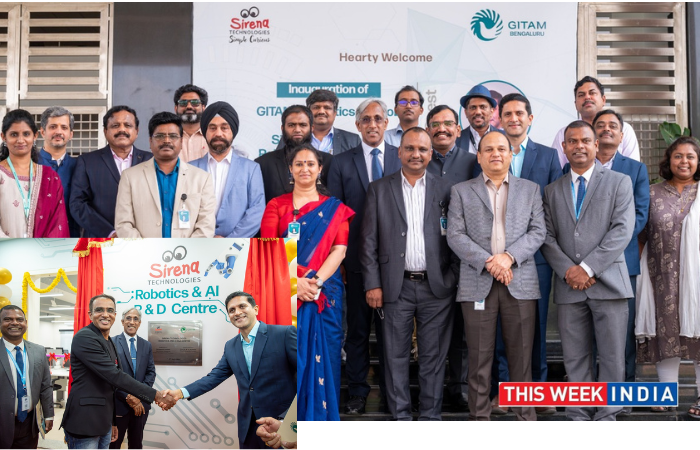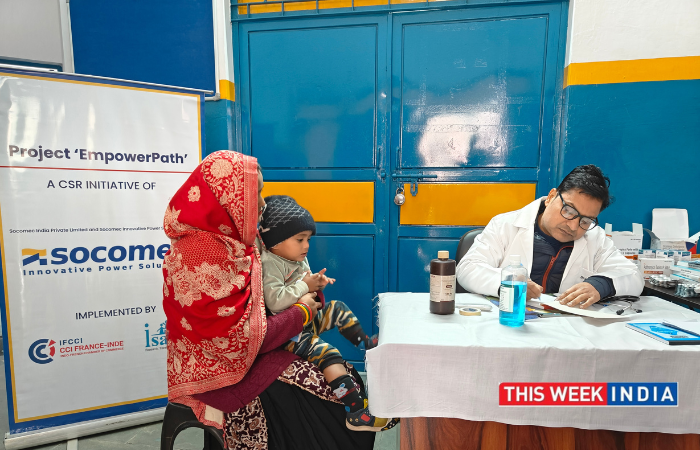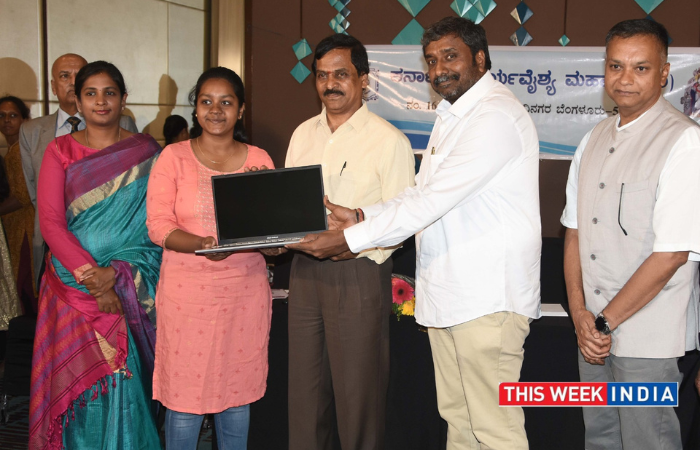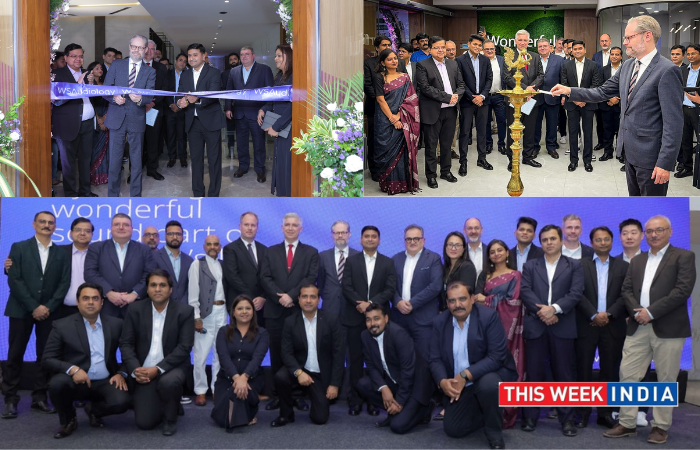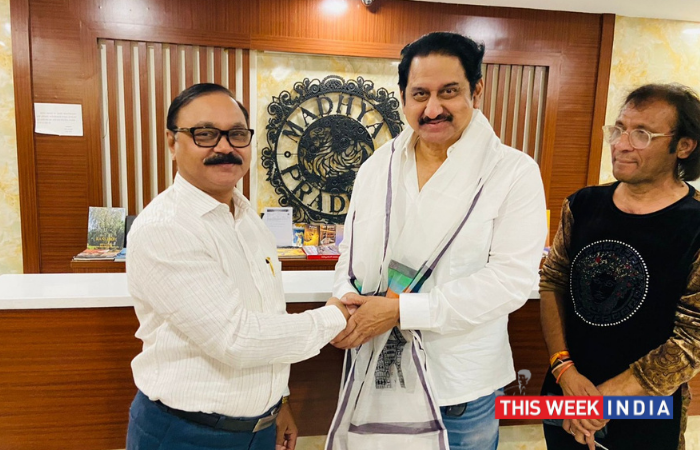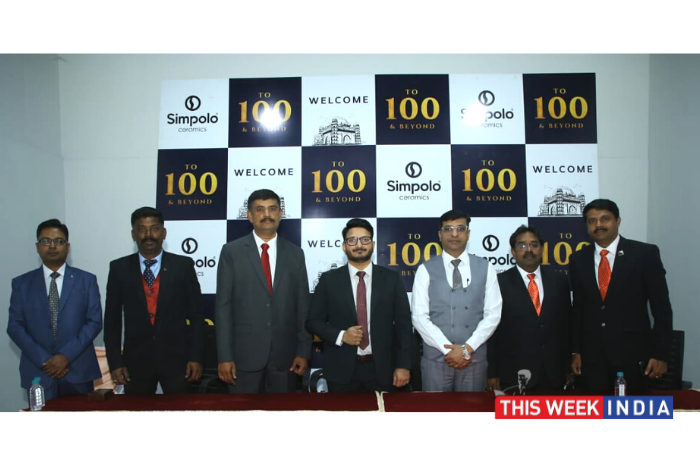The year 2021 was difficult for sectors across the spectrum because of the unprecedented challenges that they had to face in terms of lockdowns, disruptions, and overall chaos. It was also a year that tested the healthcare sector in India, and globally, till a critical point. The eye health sector was also not untouched by these disruptions and struggles. In fact, it came under extreme stress after the cases of black fungus started appearing from across the country in the patients who had been infected by coronavirus during the second wave. Its effects on the eyes were also worrying and MaxiVision played an important role in spreading awareness of taking care of our eyes and protecting them during the pandemic.
Mucormycosis or black fungus was found to severely affect the eyes of the patient and it was essential for anyone who experienced discharge from the eyes to immediately contact a doctor and get their eye-check-up done. At MaxiVision, we prepared ourselves immediately to fight this problem and also did our best to ensure that the patients were able to understand the importance of reaching out to a health specialist.
However, the challenges for the eye healthcare sector in India were not just limited to this. It was also the hindrance caused to everyday operations and the overall focus towards fighting the pandemic which disrupted the regular eye check-ups and treatments at risk of being ignored. While the patients skipped visiting the doctors’ clinics and hospitals because of the fear of getting a covid infection, they had to ignore the necessary regular medical attention to maintain good health.
The biggest challenge was for those who were already sick or suffered from debilitating illnesses. The pandemic and subsequent climate of fear and turmoil made it extremely difficult for this group to access medical treatment or to get surgical procedures done for any non-emergencies. Considering this situation, especially in the eye sector, MaxiVision made sure that none of its patients suffered because of the disruptions by providing them timely redressal and support.
It was achieved by harnessing the strength of digital infrastructure by providing home consultations and also following a strict protocol at our premises to ensure a safe environment for anyone who visited for a check-up or surgery. It is precise because of this that we now feel much more confident about our work as the challenges that 2021 threw at us, we dealt with them with utmost patience and courage which has taught us a lot. These learning that the eye healthcare sector got in the year 2021 will help us in the long run.
While the operations were severely disrupted, we have already witnessed a recovery and coming back to smooth functioning during the same time. This is why we are hopeful for the sector’s recovery to pre-covid levels in the year 2022 if there is no disruption caused by another wave of covid. In fact, the operations have already reached the pre-covid levels by December 2021 and this momentum will continue as the next year.
Budget 2022 will most likely be focused on the healthcare sector. The centre will continue to invest in the healthcare business, considering both domestic and global needs. We anticipate the government increasing public investment from 1.29 percent of GDP to at least 2.5-3 percent of GDP by 2025. Because of its varied ecosystem, which includes stakeholders from academia and government, the medical device sector has a lot more space to grow. India is currently one of the top 20 markets for medical equipment in the world.
The market is predicted to grow at a 37 percent compound annual growth rate (CAGR) until it reaches $50 billion in 2025. India, on the other hand, now imports 80% of its medical gadget needs. We are looking forward to the government’s improved reform plans in this budget. Making manufacturing easier in the country should be prioritised. Because the medical device sector is still in its infancy, creating a productive environment is critical to its long-term success.
Medical device parks should be established in greater numbers because they provide a stable and cost-effective environment for the country’s medical device sector. The government plans to enhance the overall expenditure granted to the PLI Scheme (Production-Linked Incentive) to stimulate domestic medical device manufacture and make India self-sufficient. In public procurement, preference should be given to products made in India.
We believe that regulatory, legislative, and research reforms, as well as funding and licensing, will help the country achieve its aim of a healthier and stronger economy. Increased government healthcare spending, tax breaks for healthcare investments in tier 2/3/4 towns, clear direction for public-private partnership initiatives at the state and federal levels, infrastructure, and priority industry status for the healthcare sector, and above all, a strong push for domestic medical device manufacturing initiatives should be some of the budget’s main priorities in the coming year. We are looking forward to a hopeful year ahead after the turbulence of the year 2021.
By Dr.GSK Velu – Chairman, MaxiVision Group of Eye hospitals


